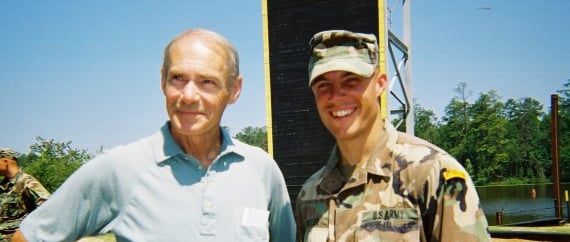Observations on Extreme Ownership
Accountability isn't just about getting the job done—it's about owning the outcome, no matter what. A lesson from the military's elite forces reveals how adopting this mindset can transform the way we work and lead.
Jim Butler
1/23/20251 min read


When I was a junior officer in the military, a special forces officer taught me a quick lesson on task ownership and accountability.
He told me about when he'd been a junior SF soldier himself and his senior leader assigned him the task of writing an essay about why he wanted to be part of this elite unit. The leader gave him a week to do it and never said anything about it again. Two weeks went by and the leader called him back to his office. "How come you didn't turn your essay in?" he asked. The young soldier replied, "you never asked about it."
"That's the difference between an elite unit and a regular unit," the leader replied. "In a regular unit, the leader will keep checking up on you to be sure you got the project done. Here, we don't have time or patience for that. If you want to be here, you do the task when you're asked to do it."
The most important lesson I learned from working with some of the most elite soldiers in the US Army is the concept of taking full accountability for the tasks assigned to you. Navy SEAL Jocko Willink calls this Extreme Ownership, and in a book by the same name explains the principle demands you take complete responsibility not only for completing tasks but also for communicating obstacles if they arise. This mindset is critical in high-performance teams like Navy SEALs and Army Special Forces, where trust and reliability are non-negotiable.
In the corporate world, adopting this approach can feel revolutionary. Imagine a team where accountability isn’t enforced by constant check-ins but is instead driven by mutual trust and a shared commitment to the mission. It’s a simple idea—but its consistent application can transform the way teams operate.
